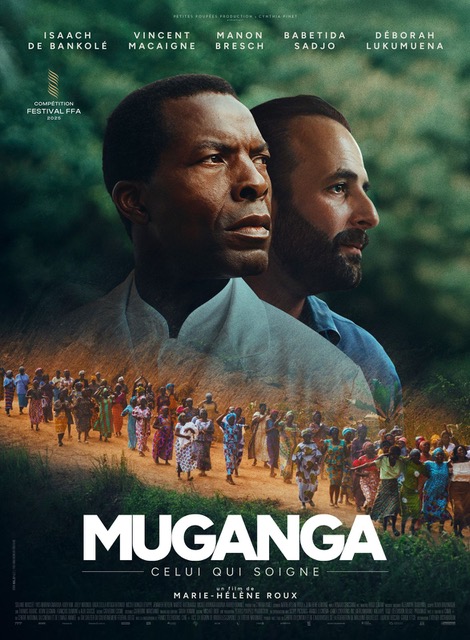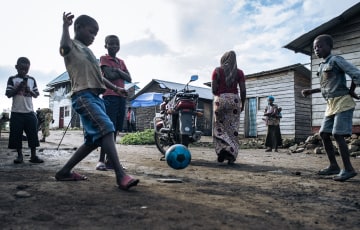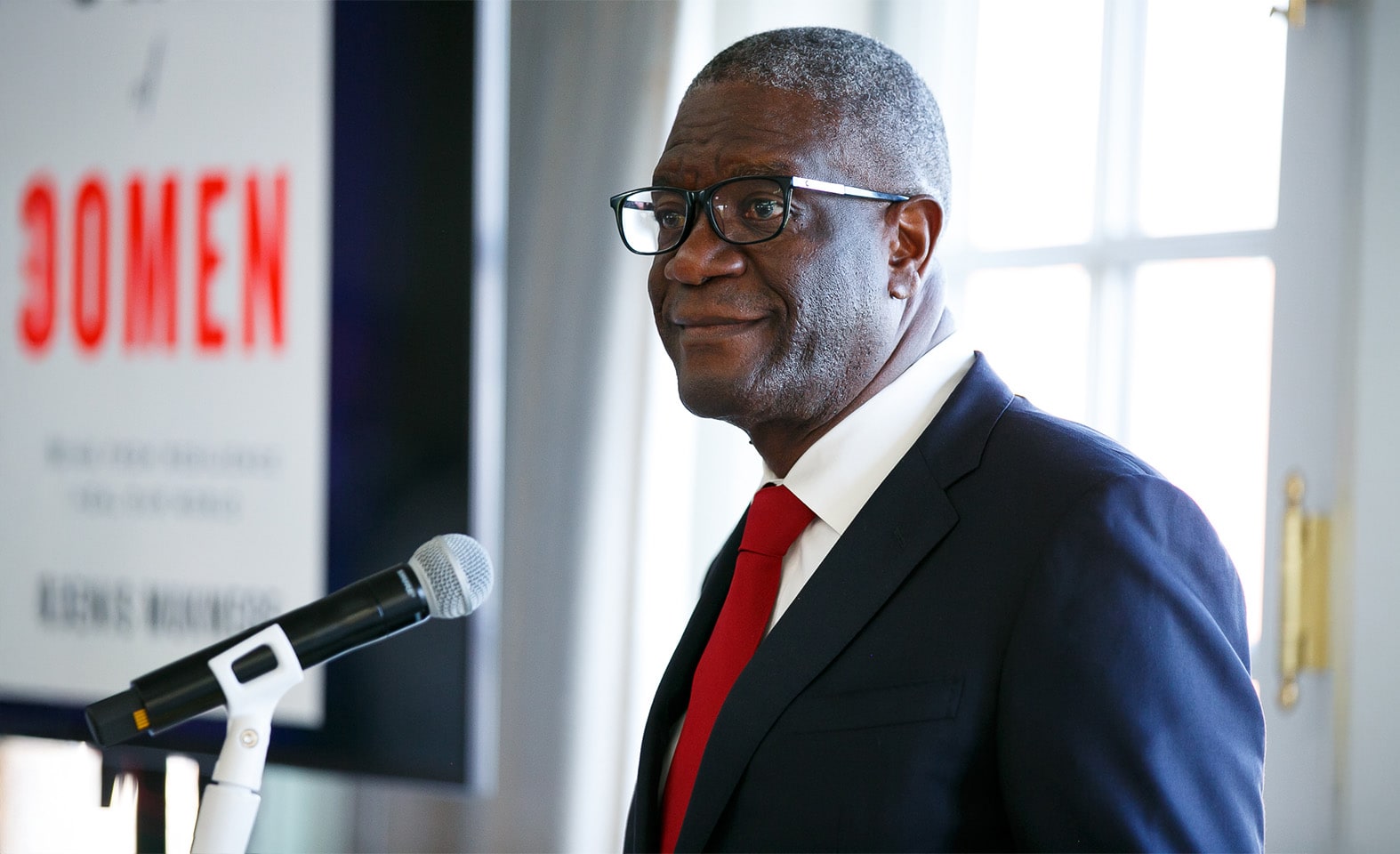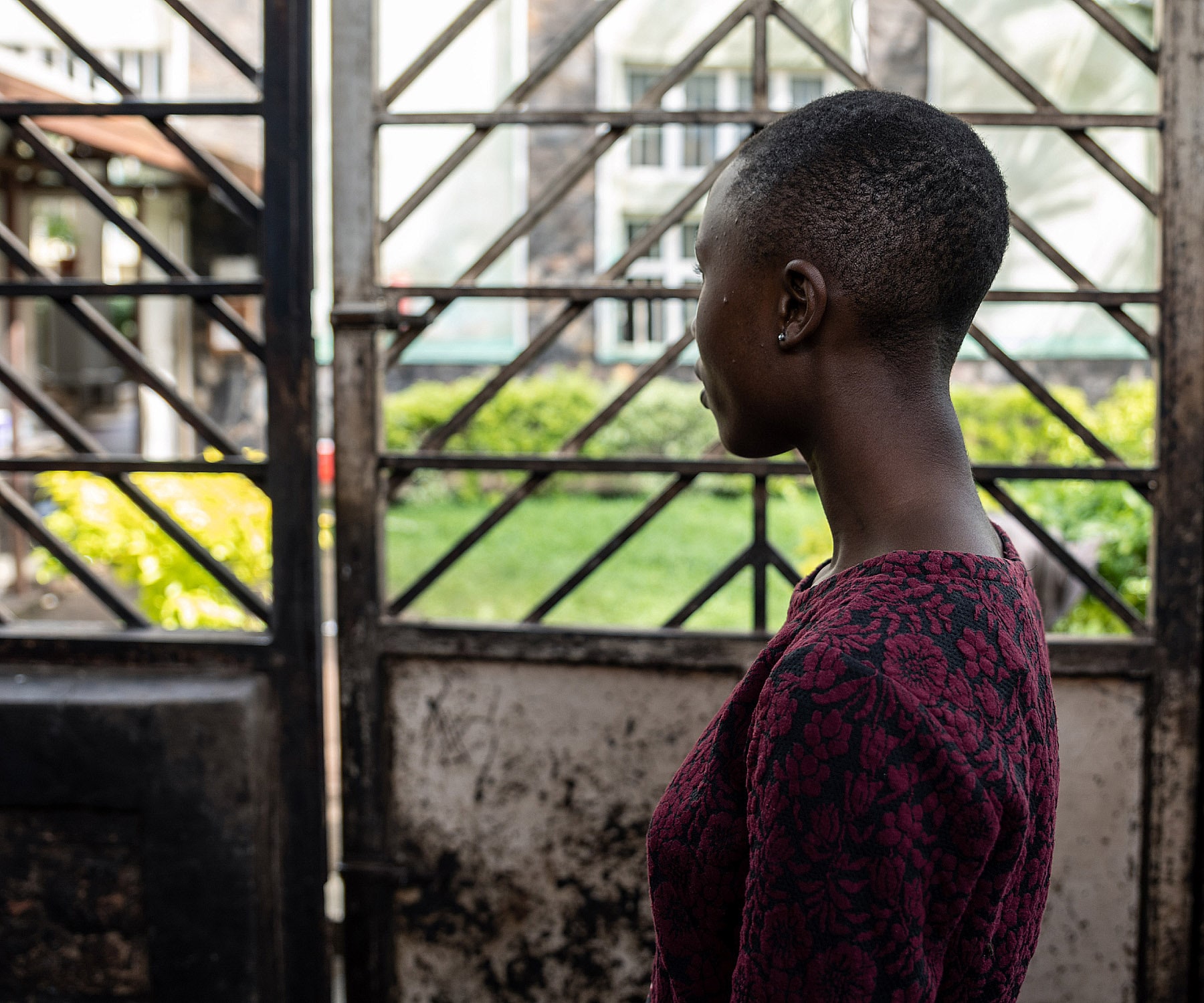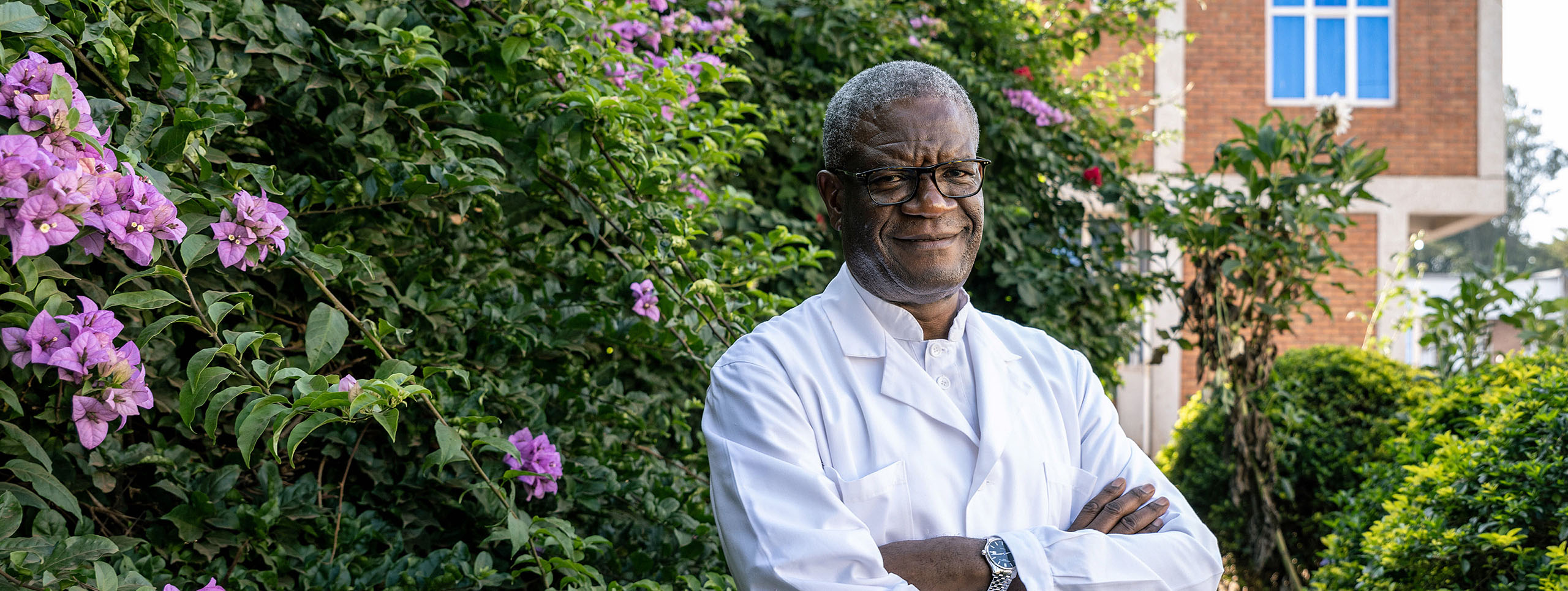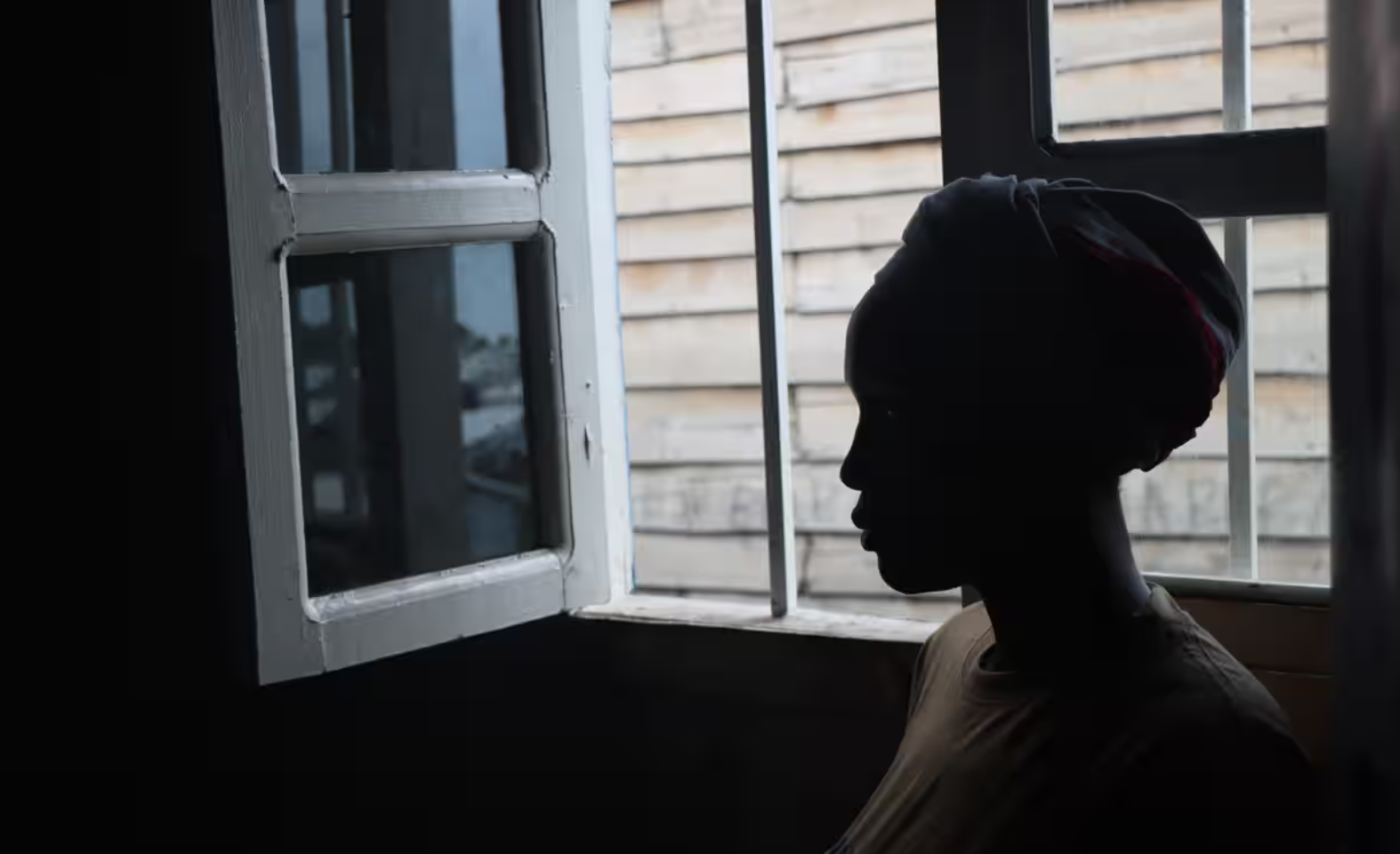December 15, 2024 — The failure of the tripartite summit in the Luanda process illustrates the political and diplomatic impasse in which this process finds itself, despite the good will of Angola’s President Lourenço.
This impasse in the Luanda and Nairobi processes brings to the forefront the imperative need to reinvigorate the Addis Ababa Framework Agreement for Peace, Security and Cooperation, signed in 2013.
This agreement was the first to “address the root causes of the conflict and end the recurring cycles of violence” in the eastern Democratic Republic of Congo (DRC) and the African Great Lakes region, with various states and institutions as co-sponsors, including the European Union, Belgium, the United States of America, France and the United Kingdom, and support from the United Nations, the African Union and the World Bank in particular, as part of the consolidation of a strategy for peace and development.
This peace agreement, which represents the latest serious initiative to put an end to the deadliest conflict since World War 2, aims to neutralize and demobilize armed groups, both national and foreign, and to reaffirm the basic principles of international law, with various commitments on the part of the DRC, neighboring states and the international community.
The promises made in the Framework Agreement are far from being fulfilled to date, and given the failure of current political and diplomatic initiatives, it seems crucial to us to put them back on the international agenda in order to de-escalate regional tensions, silence the guns in Eastern Congo and relaunch a peace dynamic in the region.
As Pope Francis emphasized during his last visit to Kinshasa, DRC: “We cannot accept the blood that has been flowing in this country, for decades now in the DRC, causing millions of deaths without the knowledge of many.” Indeed, it is high time to lift the Congolese tragedy out of indifference and neglect. To achieve this, the Framework Agreement needs to be revitalized as a matter of urgency, with the mobilization of “co-sponsoring” countries and institutions.
Stability in the heart of Africa is essential not only for international peace and security, but also for the global economy and the energy transition. International diplomacy and economic and private-sector players must therefore mobilize all the levers at their disposal to help put an end to the recidivist aggression of the countries behind the destabilization of the DRC, using a system of sanctions and conditionality of aid.
Now is not the time for empty condemnations and empty words. The DRC and its partners, both public and private, must tackle the main structural causes driving the conflicts that persist in the east of the country, namely the exploitation and illegal trade in natural resources and the culture of impunity.
It is imperative that the USA, the EU, France, the UK and other partners adopt political and economic sanctions, and suspend their military assistance to Rwanda for as long as it supports the M23 militia and commits crimes of aggression against the DRC, and for as long as the regional states fail to respect in good faith the commitments made under the Framework Agreement.
This is the only language that will have concrete effects, namely putting an end to the suffering of millions of Congolese wandering in Eastern Congo due to Rwandan interference.
Denis Mukwege
Nobel Peace Prize 2018
